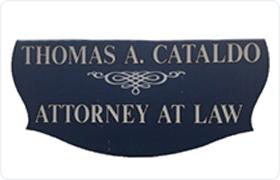Belleville RICO Act Lawyer, New Jersey, page 4
Sponsored Law Firm
-
 x
x

Click For More Info:
-
Thomas A. Cataldo, Attorney at Law
52 South Street Morristown, NJ 07960» view mapCriminal Defense Law Tip The Scales In Your Favor!
Thomas A. Cataldo, Attorney at Law has the legal experience you need at affordable rates that can't be beat.
800-834-4291
Not enough matches for Belleville RICO Act lawyer.
Below are all Belleville Criminal lawyers.
Paul Raymond Gauer
Divorce & Family Law, Criminal, Bankruptcy & Debt, Accident & Injury
Status: In Good Standing Licensed: 46 Years
Richard Denis Gaines
Accident & Injury, Criminal, Business, Estate
Status: In Good Standing Licensed: 55 Years
David Lee Soffer
Workers' Compensation, DUI-DWI, Criminal, Personal Injury
Status: In Good Standing Licensed: 15 Years
Lisa Ann T. Ruggiero
Criminal, Complex Litigation, Products Liability, Household Mold
Status: In Good Standing Licensed: 21 Years
Dana M. Scarrillo
Traffic, Divorce & Family Law, Juvenile Law, Criminal
Status: In Good Standing Licensed: 27 Years
Julian L Padilla
Criminal, State and Local, Accident & Injury
Status: In Good Standing Licensed: 8 Years
 Thomas Cataldo Morristown, NJ
Thomas Cataldo Morristown, NJ Practice AreasExpertise
Practice AreasExpertise
